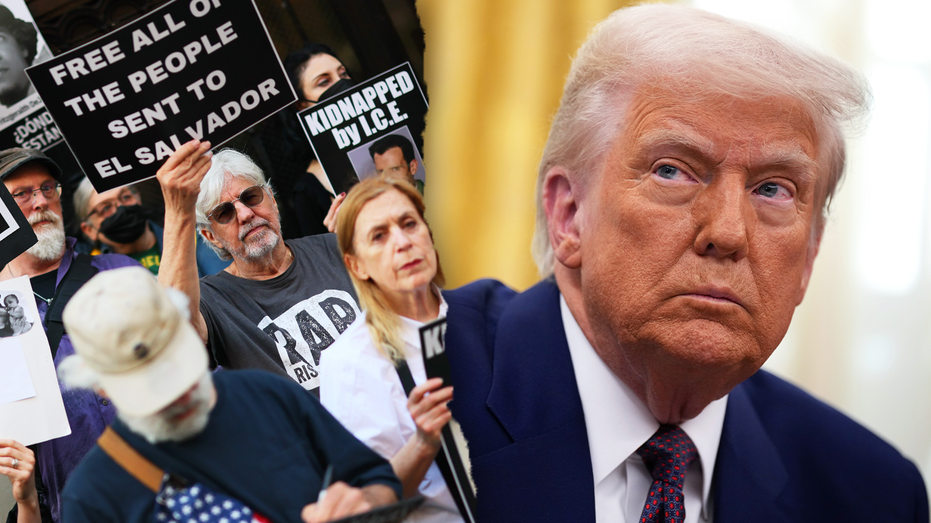Abrego Garcia's Return Sparks New Debate on Immigration Policies and the Fate of Deported Immigrants
Legal challenges mount against Trump's migrant deportation policies to El Salvador, Mexico, and South Sudan over due process concerns.

In a significant development on immigration enforcement, the Trump administration on Friday acknowledged it had returned Kilmar Abrego Garcia—a Salvadoran migrant and alleged MS-13 member—to the United States. This rare reversal follows the revelation that Abrego Garcia's deportation months ago was an administrative error. The announcement coincided with news of a new federal indictment charging him with crimes related to transporting undocumented immigrants within the U.S.
It remains uncertain whether Abrego Garcia’s return represents a broader policy shift or an isolated exception. Nevertheless, the case has reignited debate over the administration’s consistency in adhering to court orders requiring the return of deported migrants or restricting removals before individuals can challenge their cases—particularly when these pertain to groups or classes of migrants. Such compliance questions have become increasingly relevant as judges grapple with the administration’s legal obligations, sometimes clashing with official assertions that the White House lacks the leverage to compel foreign governments, like El Salvador, to assist in returning deported individuals.
Several recent cases illustrate the evolving battle lines over deportations. Daniel Lozano-Camargo, a young Venezuelan migrant, was removed to El Salvador in March under the rarely invoked Alien Enemies Act of 1798. A federal judge later ruled this violated a prior settlement prohibiting Lozano-Camargo's deportation until his asylum claim could be fully heard. The ruling emphasized that the decision was not a comment on Lozano-Camargo’s asylum case or prior offenses, but rather enforced his contractual right to due process as agreed with the Department of Homeland Security (DHS). The Fourth Circuit Court of Appeals upheld the decision, setting a precedent for government accountability in upholding such agreements.
Meanwhile, in another case, the Trump administration last week complied for the first time with a judicial order to return a mistakenly deported Guatemalan man identified as "O.C.G." After being expelled to Mexico without an opportunity to raise fears of persecution—as required by law—O.C.G. was brought back to the U.S., according to court filings. The lack of post-deportation detention in Mexico may have facilitated this uncharacteristic compliance.
Legal challenges are also ongoing in cases involving other groups of migrants. One federal judge ordered the government to keep six immigrants deported to South Sudan in U.S. custody, after finding they were denied due process and faced severe risks if transferred to South Sudanese authorities. These individuals remain at a U.S. military base in Djibouti while ICE officials contend with health and security threats. The court has stated that relocation—including back to the U.S.—is permissible to ensure their safety and legal rights.
The legal scrutiny of the administration’s policies continues to intensify. U.S. District Judge James Boasberg recently ordered the government to provide habeas corpus protections for all non-citizens deported from the U.S. to El Salvador’s maximum-security CECOT prison, allowing them to challenge gang designations and their removals in court. Boasberg’s ruling underscored that summary removals deprived migrants of fundamental legal protections, demanding new government procedures for compliance. His previous emergency orders had already resulted in findings of contempt, citing the administration’s “willful disregard” for judicial authority regarding deportation flights.
These mounting court conflicts underscore the delicate balance between national security initiatives, international law, and the constitutional rights of migrants. As the Trump administration faces repeated judicial interventions, the ultimate outcome is likely to shape the boundaries of executive power and immigrants’ due process for years to come.




